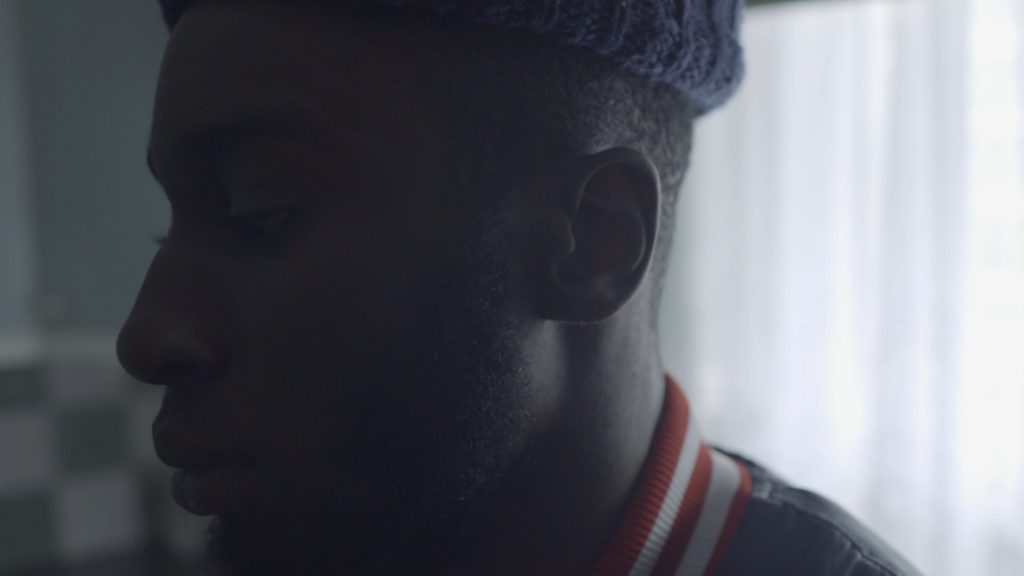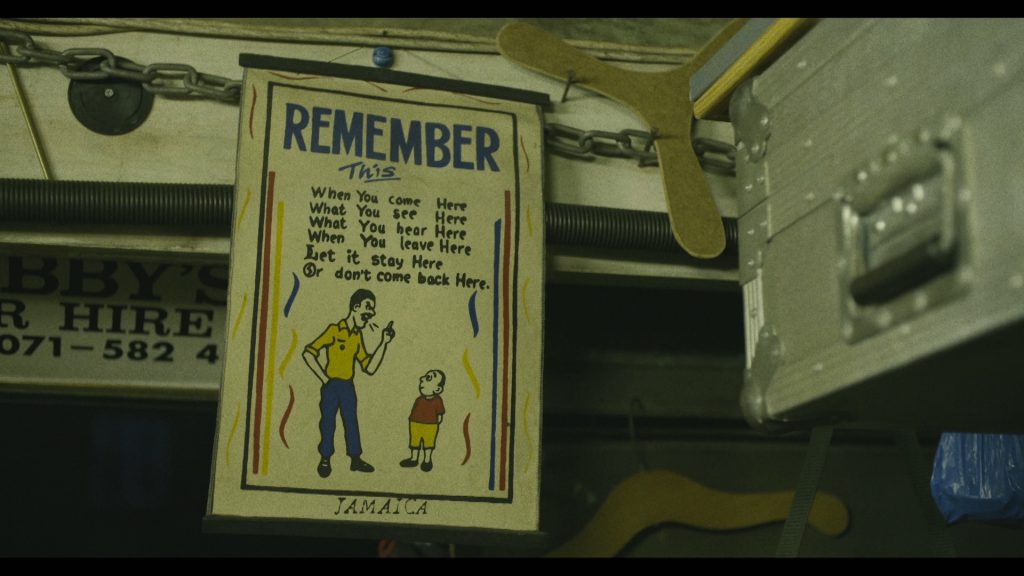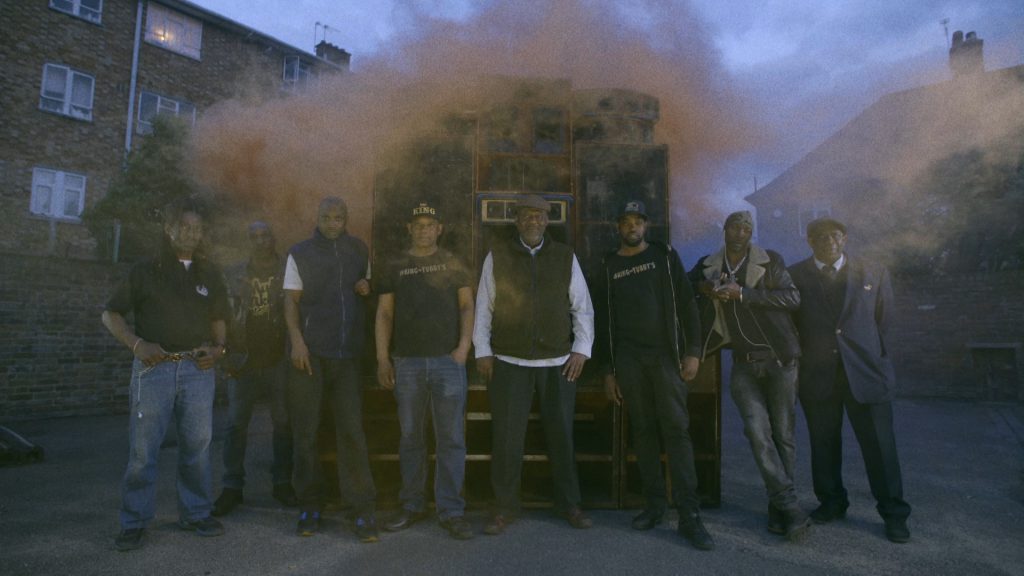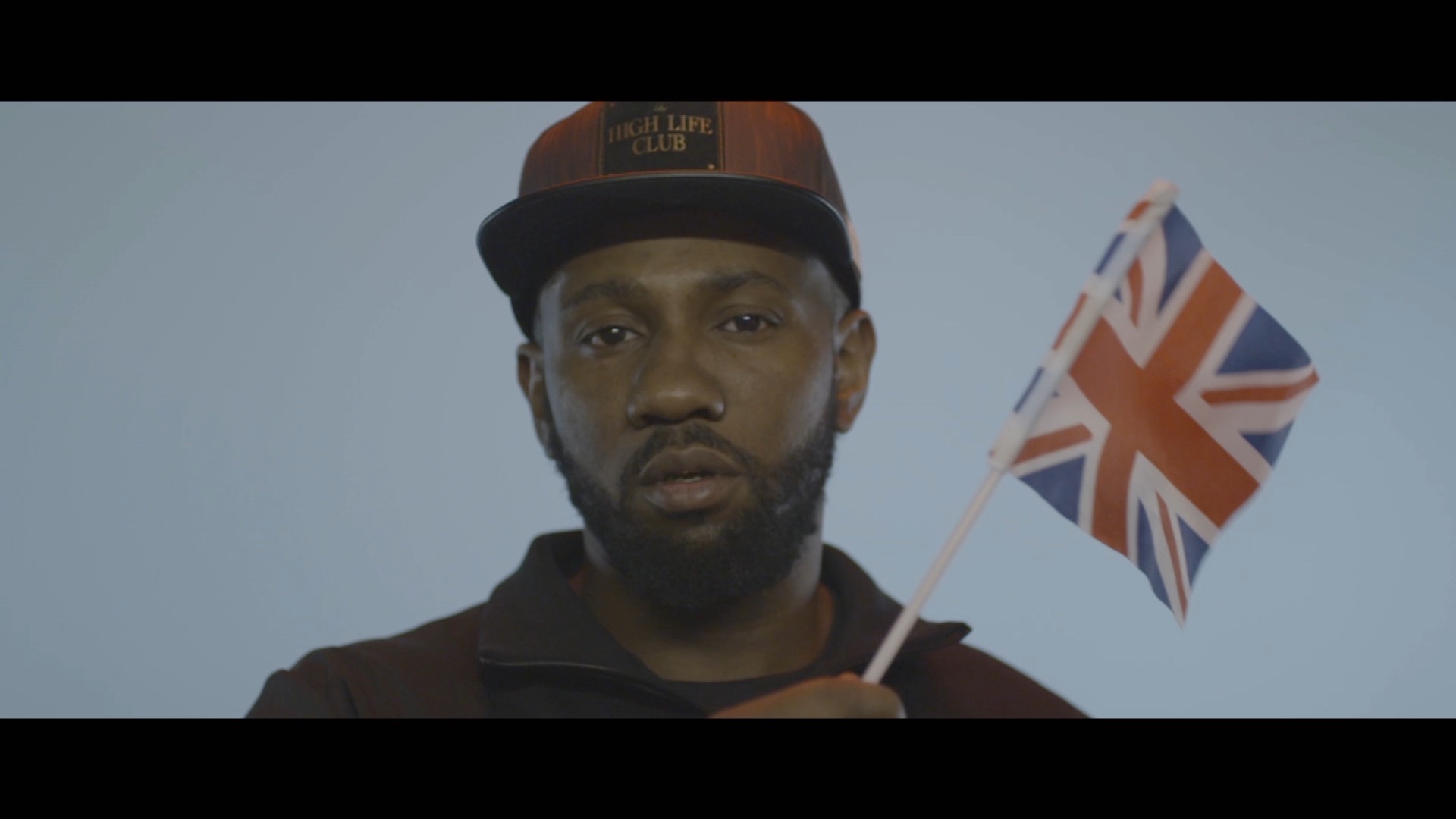
Four to the Floor: the youth music show that more people need to be watching
Alice Kemp-Habib
05 Oct 2016
Four to the Floor (FTTF) reminds me of that Nurishment drink everyone used to buy in secondary school – condensed sweetness. Channel 4’s late-night music show is a glimpse into contemporary youth culture, managing to cram interviews, live sessions, music videos and kitsch animation into a half hour slot. As you drink up the scrapbook style visuals and offbeat narration you can’t help but think that you are witnessing something special. FTTF is an uncontrived, comprehensive look at what it means to be young in Britain today.
Last week FTTF returned with a third series, introducing us to artists such as 808Ink and Daniel OG (who we can thank for the summer jam ‘Driving Cut’). As with previous series, there was no noticeable formula. Clips jump arbitrarily from artist to artist and back again, blending together into a weirdly wonderful final product. The theme of British identity however, which will be explored throughout this series, was tangible. “The thing that makes me feel most patriotic is jungle,” said the British electronic musician Lone towards the end of the first episode. The UK music scene was shaped by imported influences; jungle shares origins in Jamaica as much as it does in London, thus an exploration of identity through music seems particularly relevant post-Brexit.
Relegated to the Wednesday-at-midnight slot, FTTF is a hidden treasure and was even described by GQ as being “better than vintage MTV”. We caught up with the show’s series director, Jeremy Cole, on the eve of the second episode.
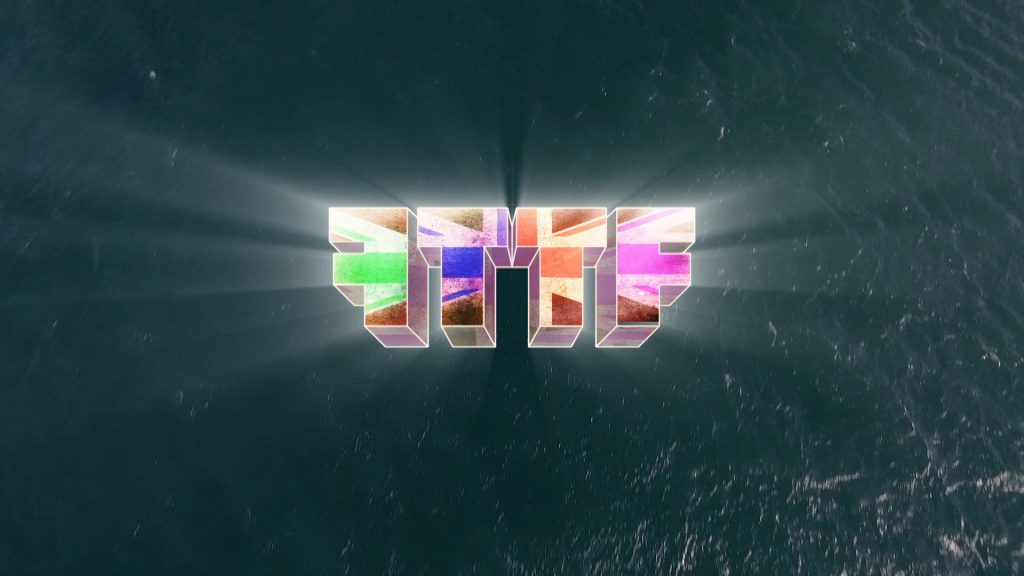 gal-dem: Firstly, can we get a bit of background info – where did FTTF come from?
gal-dem: Firstly, can we get a bit of background info – where did FTTF come from?
Jeremy Cole: Well the whole team comes from different backgrounds in TV, Music etcetera. I think the original idea came from [producer] James Payne in around 2012 and it finally came to fruition in 2014. If you watch the show you’ll see there’s no real format – it’s just a patchwork of things and people we’re interested in. It’s more like a magazine or documentary in that sense.
FTTF has been touted as the more underground alternative to Jools Holland, which is true; you were one of the first outlets to get onto people like Kojey Radical and Little Simz. How do you select artists to feature on the programme?
We were quite lucky in being given free reigns to do what we wanted, we were never limited in choosing artists that we were interested in just because we were interested in them. We weren’t pressured into going commercial or anything. It was all very natural; I guess a nice way to say it is it was an “organic process”, just people we knew through all our networks and people we wanted to work with.
With people like Little Simz you’ve kind of tracked her journey throughout all the series so far, which is cool
Yeah it’s pretty cool, in a sense with people like Little Simz it’s almost a documentary about her because she’s been there since the beginning.
Tell us a bit about the new series – you’re going to be exploring British identity if I’m right?
Yeah. The last two series have just been about having fun really but with this series we wanted to take a bit more responsibility with representing things that aren’t being represented on TV. It just came out of conversations we were all having at the time of creation and then obviously Brexit came around so it all fell together. It wasn’t necessarily planned but it was always in the back of our minds and through the new series we were able to get loads of different perceptions about those themes of identity and heritage. All the artists we spoke to started conversations about identity naturally. We didn’t have to ask them to speak about it, they wanted to.
Why does the notion of British identity need to be reimagined?
I think there’s also an idea of what British identity is fed to us by the media we consume. It’s up to the people who make TV to represent it’s society appropriately – but something that’s happening less and less on mainstream broadcast.
Four To The Floor’s always been built from the perspectives of the people that are featured in it. When it came to shooting this time round (Brexit, elections, etc), young people are politicised and it was the conversation that everyone happened to be having. So I don’t think that the British Identity needs to be reimagined, I just think it needs to be showcased honestly and celebrated – especially while there’s so much good stuff being ignored.
King Tubby’s Sound System is going to be featured in the current series if I’m right?
Yeah that’s gonna be wicked, I think it’s the best episode [Episode 2, Wednesday October 5].
FTTF is all about youth culture – King Tubby and Sound System Culture obviously aren’t a part of Generation Z, or whatever you want to call it. Why did you choose to feature them?
That’s the thing, the impact they’ve had on the current scene is massive. You’ve got people like [the grime artist] D Double E in this series, talking about all the influences on his music, it makes conversations about identity even more relevant. As I said, there’s a lot of conversation about heritage in this series and Sound System Culture has had a massive impact on the contemporary music scene in Britain. Sound system culture (along with every genre that’s come through the UK) has had a hand in shaping what we listen to now. Without sound system culture there’s probably be no Jungle and without Jungle there’d probably be no Grime, and so on.
King Tubby represents a culture that was imported into the UK from JA, but ended up shaping the contemporary British music scene. What do you think that tells us about British identity/culture?
Our second episode is all about heritage: King Tubby’s Sound System talk about their routes; D Double E and Footsie chat about their musical upbringings in rave and jungle; Cassels play music to their grandparents; and Kojey Radical finishes on a film that discusses his Ghanaian heritage and a performance of Kwame Nkrumah. Personally I feel that this is a good summary of what British culture actually is – the island’s long been a melting pot that’s constantly borrowing from the world. Although the history of this country is fucked, we can now embrace a rich culture that stems from across the world and see that the best things to come from here are because people were open minded to change.
Musically, how do you think this generation will be defined?
There’s a huge change going on in the music industry right now. The internet has revolutionised the music market. It’s given a lot more room for independents to come through and given a lot more creative power to artists, so I think the internet will really define music in this generation. Identity sort of organically became a topic that runs through the series. The series features dozens of artists from hugely different backgrounds and genres and each of these people represent their listeners. When exploring the state of youth culture it was obvious to celebrate the diversity of our culture and the individuality of our people. I think that’s something we can be proud of as a nation.
Most people I know listen to a wide mix of music and feed on influences from everywhere. The internet ‘s helped people connect to a lot of good new things and the generation coming through are stronger as a result of that. Personally, the new music I’m hearing now stands out above previous decades – I think we’ve got a lot to be proud about right now and might as well enjoy it rather than waiting to look back on it just so we could say we were there.
There has been a dearth in music TV, people have tried to revive the Top of the Pops format a couple of times but it’s never really taken off. You’re going into the third series of FTTF now – why has it been so successful?
In reality we haven’t been that successful. TV format these days is like… all scripted cookery shows and stuff. We’re going into our third series but statistically it’s not that successful, not a lot of people know about it. What we do, we do well and that’s showing people a bit of reality and culture, none of it’s scripted, it’s all very natural. We offer something different.
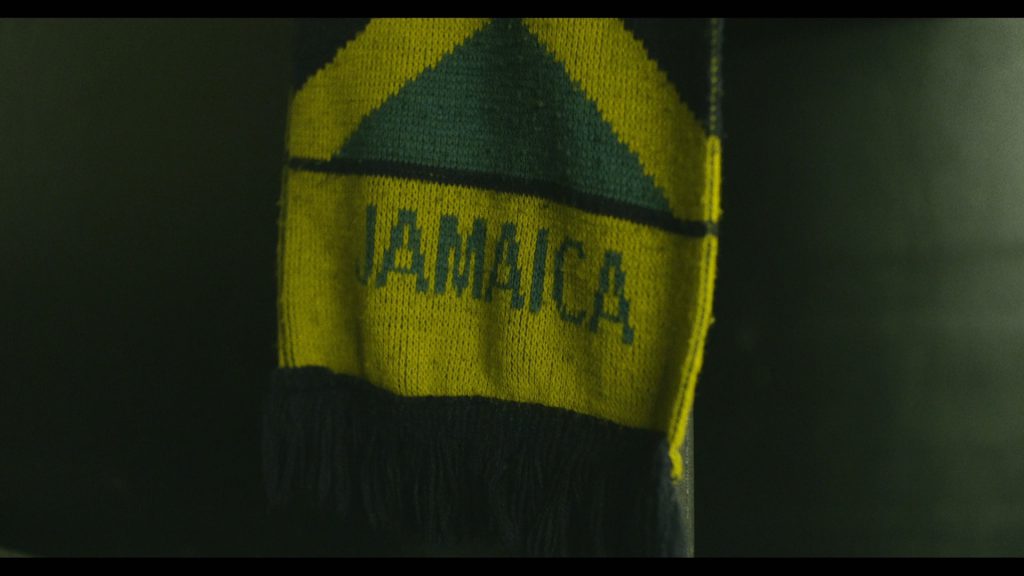
Do you think there’s a chance it’ll move online then?
I don’t know to be honest. In an ideal world FTTF will be one of many shows about culture and music. In reality I think the TV industry needs to catch up with the internet because there’s plenty of stuff available online. I don’t know if TV will be able to catch up though.
Do you know of any shows about music and culture that exist or are coming out? Viceland just launched their Sky channel but I haven’t seen it yet
Unfortunately not. I haven’t seen the Vice channel either, what’s it like?
I don’t know, they’re showing something about weed. Are there any ideas floating around for the next series?
Nope. We just need to sleep for a bit.
Four to the Floor broadcasts every Wednesday at midnight on Channel 4

